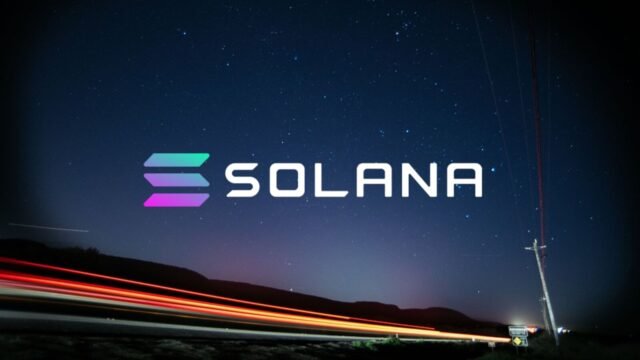In a fervent critique that has stirred the crypto community, Justin Bons, the founder of Cyber Capital, has targeted both Solana (SOL) and Cardano (ADA) for what he claims are misleading representations about their transaction per second (TPS) capabilities. This revelation has not only ignited debates across various platforms but also shed light on the complexities of blockchain performance metrics.
What’s the Issue?
The crux of Bons’ argument centers on the claimed TPS rates of Solana and Cardano. While Solana has been touted for its high TPS, purportedly up to 65,000, Bons argues that these figures are significantly inflated. Similarly, Cardano, which claims a maximum theoretical TPS of 477, currently operates at a much lower capacity. This discrepancy between theoretical and actual performance has led Bons to accuse these blockchains of misleading the public and investors about their true capabilities.
Solana’s Controversial TPS Claims
Solana’s approach has been marred by criticisms regarding its stability and operational issues, which Bons believes are masked by the high TPS claims. The network has faced multiple outages and technical challenges that contradict the high efficiency implied by the touted transaction rates. Critics, including Bons, suggest that Solana’s advertised performance metrics do not align with the user experience, which has been plagued by downtime and failures.
Cardano’s Centralization Concerns
For Cardano, the issue extends beyond just TPS claims to concerns about centralization. Bons highlights that despite ADA’s decentralized ethos, the control of “genesis keys” by a single entity contradicts its claims of being a fully decentralized platform. This centralization could potentially allow for unilateral changes to the protocol without community consensus, posing risks that might not be immediately apparent to stakeholders.
Market Reaction and Community Response
The crypto community’s response has been sharply divided. On one hand, supporters of Solana and Cardano argue that the networks are continuously improving and that early technical challenges are to be expected in such ambitious projects. On the other hand, critics bolster Bons’ claims, calling for more transparency and reliability in how blockchain projects communicate their capabilities.
The controversy stirred by Justin Bons serves as a critical reminder of the importance of transparency and accuracy in the blockchain space. As the technology continues to evolve, the crypto community must navigate these challenges with a critical eye, ensuring that innovations do not compromise the integrity and trust essential to the blockchain ethos.
For those interested in delving deeper into the intricacies of these debates, the detailed discussions and responses from both the Solana and Cardano communities offer valuable insights into the future directions these technologies might take. This analysis not only informs potential investors but also contributes to the broader understanding of blockchain technology’s impact and its developmental trajectory.


















